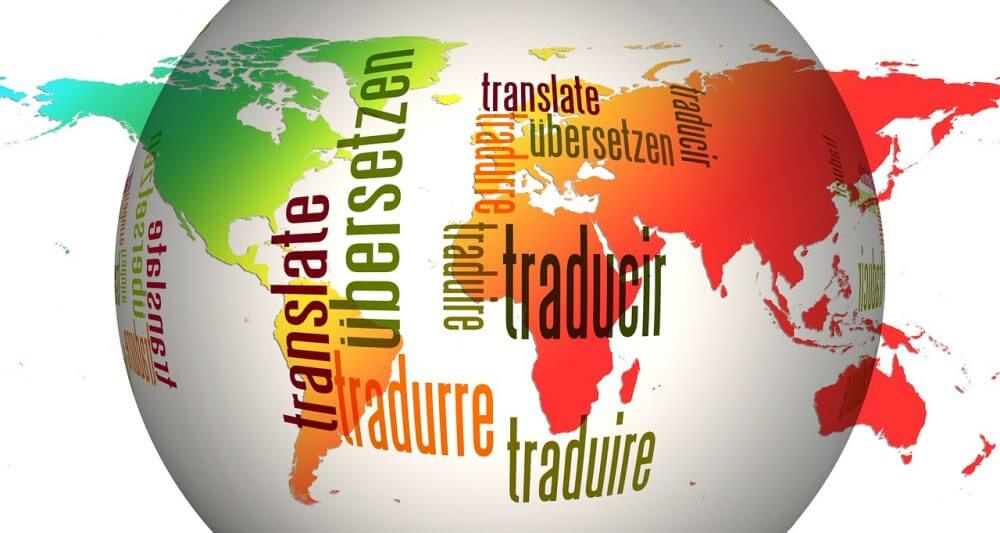
As a technical communicator, it’s your job to provide end users with all the information they need to safely, efficiently, and effectively use a product. To achieve this, your technical documentation not only needs to be correct and complete but it also needs to offer good usability. Let us see how a good usability test can help you.
As networking and collaboration are essential to maintaining a high-quality and enriching program, the TCLoc master’s degree seeks to establish…
TCLoc instructors are all professionals or academics in fields related to technical communication and localization. Like our students, they come…

The launch of a business in today’s global economy requires the ability to adapt a company’s strategy to be locale and culture aware. This strategy has to focus on the GILT (Globalization, Internationalization, Localization and Translation) process in order to successfully reach a global audience. A global vision and strategy is therefore essential to succeed in modern markets shaped by the technological progress brought about by the digital revolution, and to be successful in present-day increasingly challenging economical and political frameworks.

Machine translation post-editing is the process of improving a machine-generated translation with minimal manual labour. It is a new skill which many translators are not familiar with. However, with a bit of practice, it can speed up the process dramatically.

Nowadays, your customers are looking for information that is easily accessible online in many formats. Moreover, the technical information of a product not only helps to sell it, but also to build a community around it that perceives it positively. That way, your product will gain value and improve your reputation, leading to a healthy business model.

The concept of peer production refers to a new collaborative approach to project work. In the context of translation, it paves the way for a large number of people who wish to work in a community. Collaborative translation introduces a new way of looking at translation with its own set of advantages and disadvantages.




